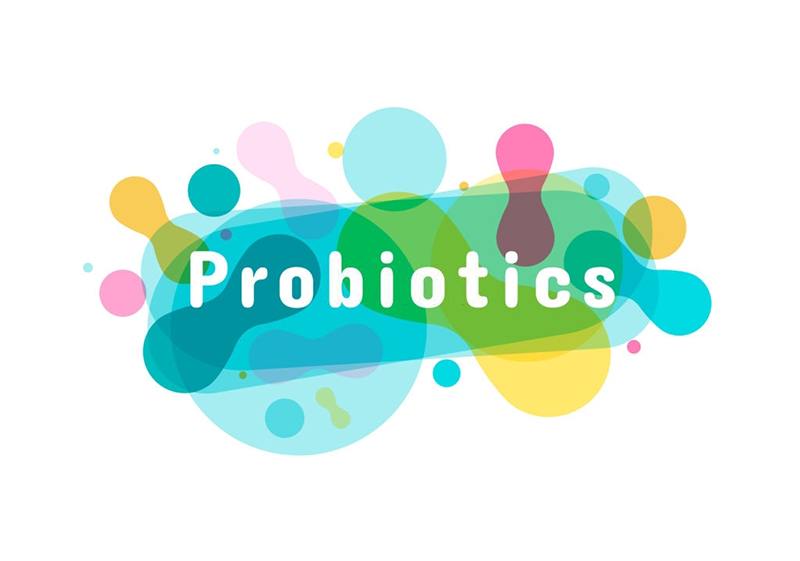If you go to any grocery or health food shop, you’ll almost certainly find a section devoted to probiotic supplements. They’ve become popular health aids in recent years, promising to enhance digestion, mood, vitality, and a long number of other things. probioticseverything.coma probiotic supplement
These supplements, which are industrially produced mixtures of diverse strains of bacteria, are supposed to improve the bacteria in our digestive systems. The human microbiome is a collection of thousands of species of helpful bacteria that live on and inside of us. Each species has a unique role to perform in safeguarding our health and boosting our immunity. The bacteria that live in our large intestine (gut microbiome) aid in the digestion of food and keep our digestive systems working properly. probioticseverything.coma probiotic supplement
M. Elizabeth Swenor, D.O., a functional lifestyle medicine physician of Henry Ford Health System, says, “Many of us, however, have a lesser diversity of good bacteria than we should.” “One cause for this is the overuse of antibiotics, which kill both healthy and bad microorganisms. A social emphasis on cleanliness may also result in a reduction in the diversity of helpful microorganisms. Processed foods, which are high in refined sugars and oils, saturated fats, preservatives, and artificial sweeteners, can reduce microbial variety by making it difficult for beneficial gut bacteria to thrive. probioticseverything.coma probiotic supplement
While probiotic supplements can be beneficial, they should only be used under the guidance of a doctor and not self-prescribed. What you should know before using a probiotic supplement is outlined below. probioticseverything.coma probiotic supplement
There isn’t much evidence for or against probiotics.
“We only identified the human microbiome in 2008,” Dr. Swenor explains, “so there’s a significant gap between what unregulated free marketing advocates and what science has actually demonstrated.” “Medically, probiotic supplements have been demonstrated to help reduce antibiotic-associated diarrhea” (AAD). Probiotics can help avoid sepsis and an intestinal condition called necrotizing enterocolitis in preterm infants, as well as alleviate infant colic in babies. Probiotics may help individuals with periodontal disease and ulcerative colitis.”
Probiotics are taken by the general population off label for the prevention and treatment of illnesses and disorders, but we still don’t know which bacterial species are useful and which aren’t in most cases. probioticseverything.coma probiotic supplement
The Food and Drug Administration does not regulate probiotic supplements (FDA).
“All supplements fall under the category of food,” explains Dr. Swenor, “and food does not have to meet the same exacting standards as prescriptions.” “The FDA classifies probiotics as either a food additive, a dietary supplement, or a medication. Most probiotics are classified as dietary supplements, so they don’t need FDA approval before being made available to the general population.” probioticseverything.coma probiotic supplement
There may or may not be studies to support the usage, effect, or function of general probiotic supplements. Risks do not have to be listed on the label. They are not compelled to adhere to scientific principles. Some companies choose to obtain a pharmaceutical-grade accreditation, which is the greatest level of quality for over-the-counter supplements, but it is not compulsory. If a probiotic is to be marketed as a medicine for the prevention or treatment of disease, it must be demonstrated safe, effective, and approved by the FDA through clinical trials.
“You can’t be sure that what’s on the container matches what’s inside the bottle unless you take a probiotic supplement with a pharmaceutical-grade certification or one that your doctor recommends,” says Radhika Aggarwal, M.D., a gastroenterologist with Henry Ford Health System.
It’s critical to pick the right complement.
If you have a gut flora imbalance, it’s likely that you’re lacking a specific strain, and you’ll need a supplement to fill in the gaps—a one-size-fits-all probiotic is unlikely to help.
“I don’t give a probiotic supplement until I’ve done a thorough stool analysis on the patient,” adds Dr. Swenor. “I also don’t always prescribe a probiotic supplement, preferring instead to counsel patients to eat a plant-based diet.” probioticseverything.coma probiotic supplement
Prebiotics, or food for probiotics, are found in fruits and vegetables and help them grow and multiply. Most of the time, all you need to do is consume more plant-based foods such as fruits and vegetables. probioticseverything.coma probiotic supplement
Bacterial imbalances may be caused by probiotic supplementation.
According to Dr. Swenor, the greater the diversity of bacteria in your gut, the healthier you will be. If you take a single probiotic supplement for a long time, the bacteria in the supplement may crowd out other bacteria in your gut, resulting in a low diversity of bacteria.
“It’s like a garden—if you keep seeding one flower in your garden, that bloom will thrive and potentially overpopulate, pushing out the other flowers,” Dr. Swenor explains. probioticseverything.com

